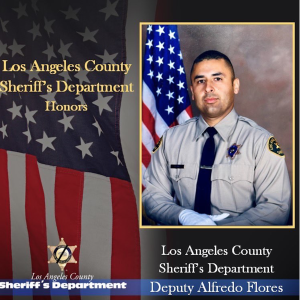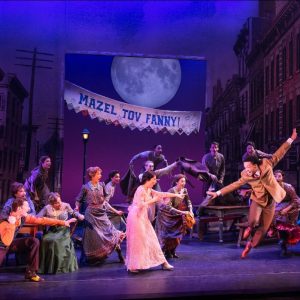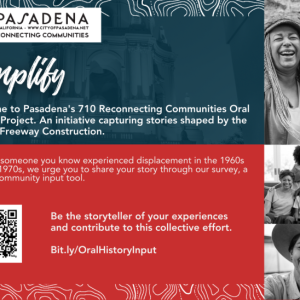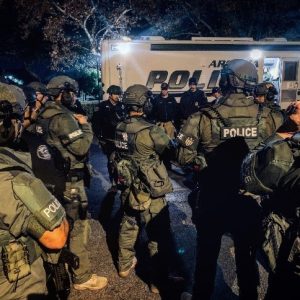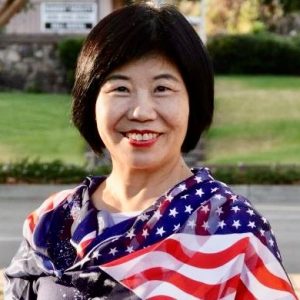 View Winners →
View Winners → The Fight Over Affirmative Action Arrives in Arcadia
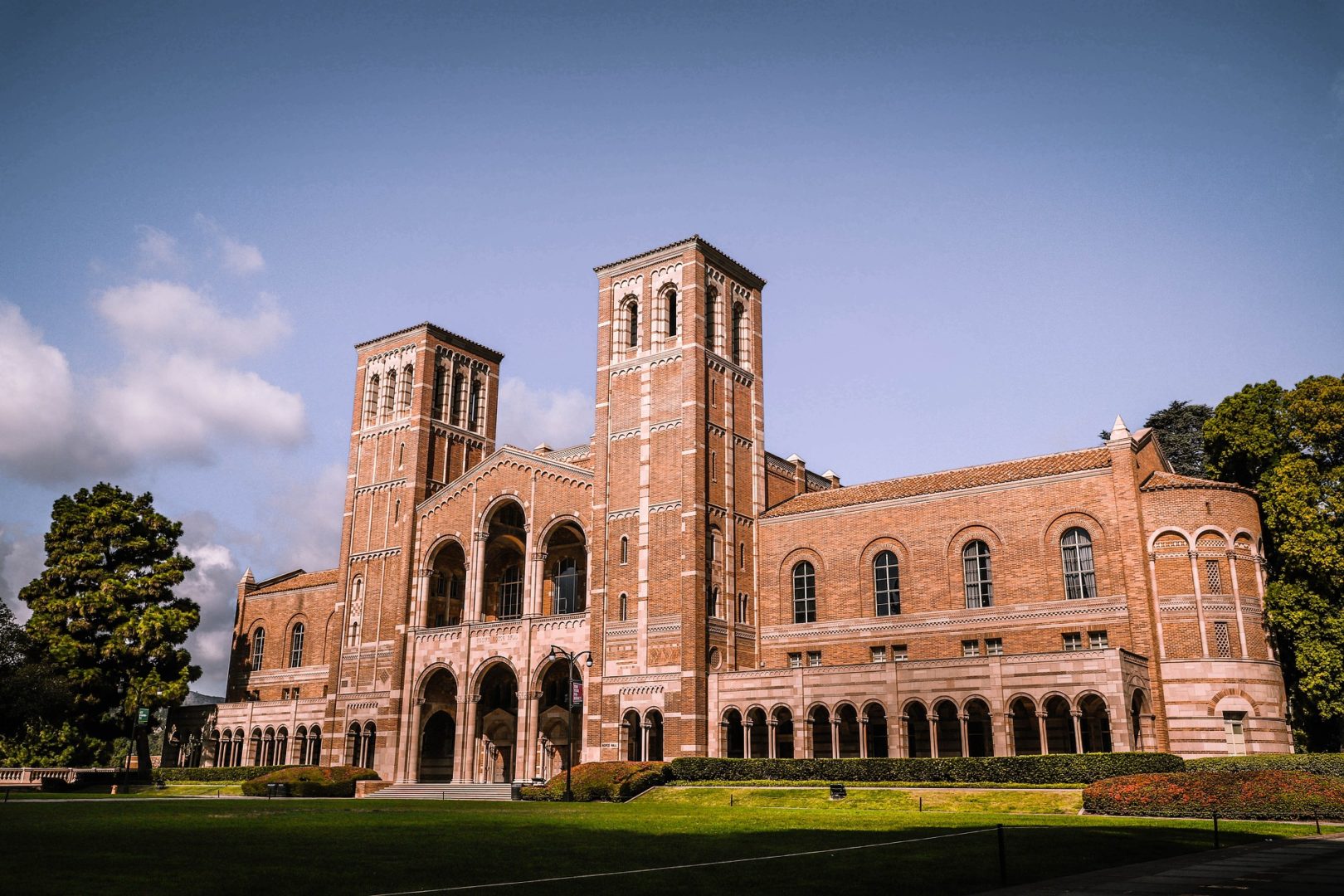
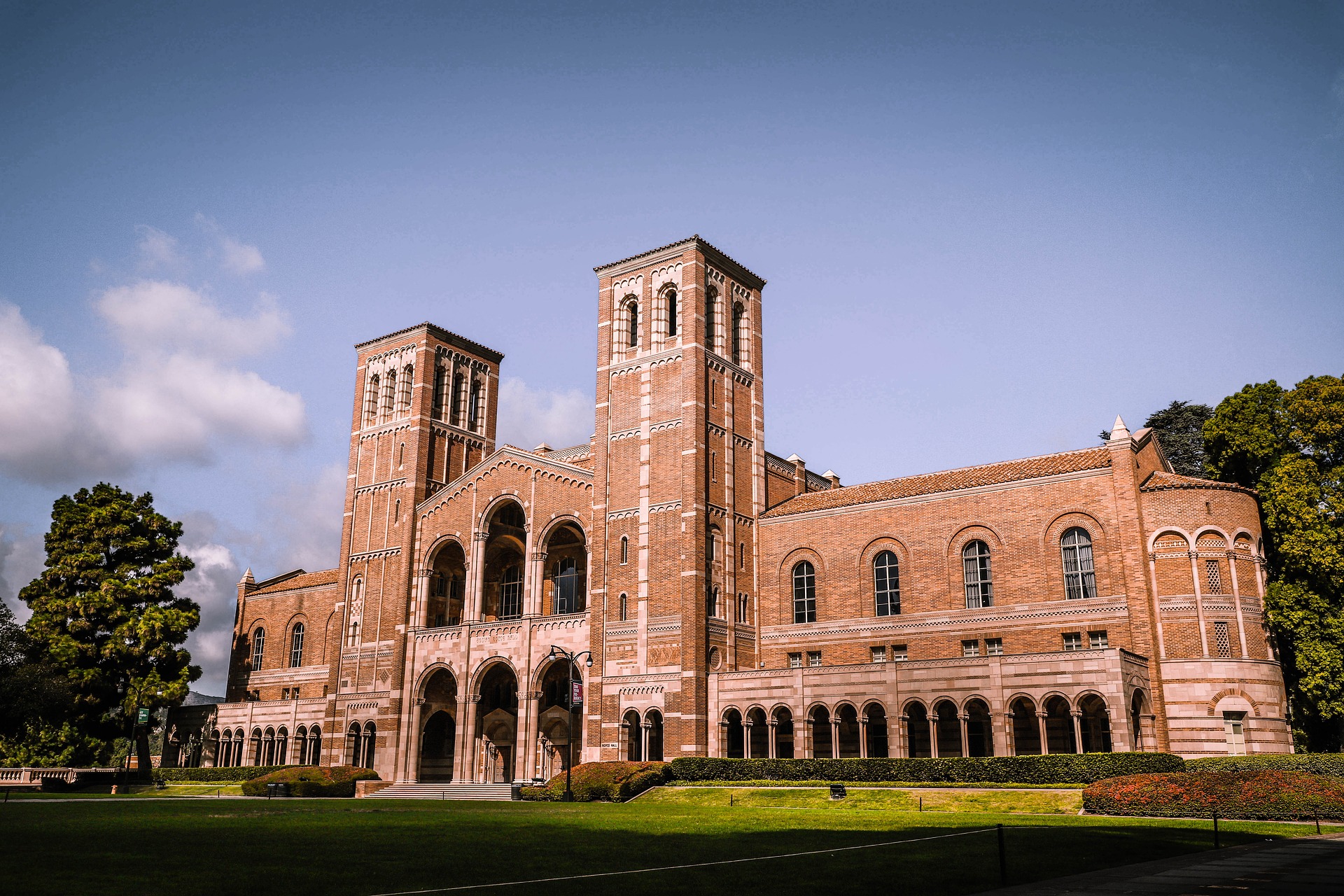
Arcadiacity leaders to participate in protest against proposition
Arcadia Mayor Roger Chandler and Councilmember Paul Cheng will participate in a demonstration to protest Proposition 16 on Saturday at 10:30 a.m. at Arcadia County Park (405 S. Santa Anita Ave., Arcadia, CA 91006).
Theevent will start with a press conference featuring keynote speakers like civilrights attorney Leo Terrell, UCLA law professor Dr. Richard Sander, and AssemblymanPhillip Chen, Chandler and Cheng. A peaceful demonstration and a subsequent carrally will follow. Organizers are expecting 400 cars and as many as 1,000people attending the Arcadia event.
Proposition 16 is a constitutional amendment that would repeal Proposition 209, which banned the use of affirmative action involving race-based or sex-based preferences in California, from the state constitution. Without Proposition 209, the state government, local governments, public universities, and other entities would — within the limits of federal law — be allowed to develop and use affirmative action programs in public employment, public education, and public contracting. A vote in favor of Prop. 16 would lift the ban on affirmative action while a vote against it would ensure that the ban stays in place.
According to a study published by the Brookings Institution, states that have implemented affirmative action bans saw the share of underrepresented minority students admitted to public universities decrease. In California, for example, admission rates for Black and Latinx students have dropped since 1996, when Proposition 209 was passed. According to “California: A Case Study in the Loss of Affirmative Action” published by UCLA’s The Civil Rights Project, although “all groups have seen reductions in the percent of applicants offered admission, African American and Latino admittees have been reduced by 70 to 75 percent at UCLA and UC Berkeley, compared to just 35 and 40 percent for Asian and white applicants.”
University of California President Janet Napolitano, California State University Chancellor Timothy P. White and California Community Colleges Chancellor Eloy Ortiz Oakley have expressed their support for Prop. 16.
Many opponents of Prop. 16 who want the affirmative action ban to remain in place argue that using race as a factor in college admissions could disadvantage Asian American students. According to reporting from The Guardian, “Janelle Wong, a professor of Asian American Studies at the University of Maryland, said that much of the pushback to a repeal on affirmative action has been led by older, first-generation Chinese American groups that have campaigned against the repeal through misinformation – stating falsely that institutions will institute racial quotas that will slash representation of Asian American students.” However, survey results from the Asian and Pacific Islander American Vote indicate that 52% of Asian Americans think affirmative action programs are a good thing.
Ina press release issued by the organizers of Saturday’s event, Prop. 16 ischaracterized as an “attempt to legalize discrimination and restore governmentpreferences.” According to organizers “Prop. 16 dismisses California’ssignificant gains in diversity, erodes our global competitiveness in allaspects, and will cost taxpayers billions in State procurement costs.”
TheU.S. Supreme Court has ruled to allow some forms of affirmative action, thoughracial quotas are considered unconstitutional and the state would be prohibitedfrom employing such measures.
TheCourt again upheld race-conscious admissions processes in 2016 in 4-5 ruling. “TheCourt’s affirmance of the [University of Texas’] admissions policy today doesnot necessarily mean the University may rely on that same policy withoutrefinement. It is the University’s ongoing obligation to engage in constantdeliberation and continued reflection regarding its admissions policies,”Justice Anthony Kennedy wrote in the majority opinion.
However,the court has upheld race-based affirmative action constitutional if it servesa state interest like educational diversity. In the 2003 case Grutter v.Bollinger, the court declared that the University of Michigan Law School has aninterest in obtaining the benefits of a diverse school environment.
SinceJune 24, when the measure that would become Prop. 16 passed the statelegislature, five car rallies statewide have taken place. On Saturday, Sacramentoand San Diego will join with their own rallies. All threeevents are organized by local grassroots organizations.













































